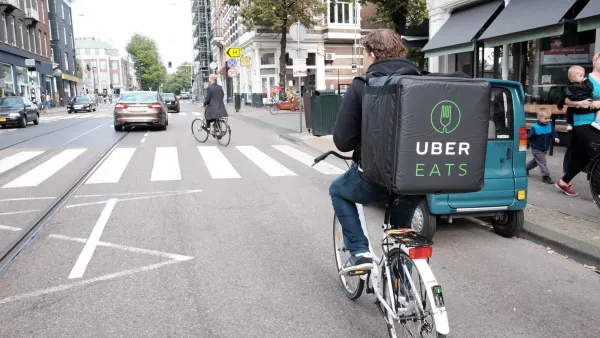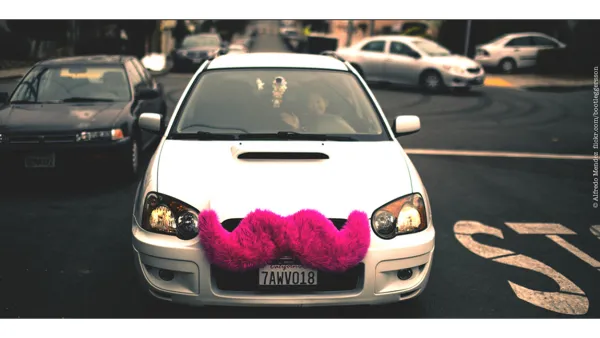Cities have transformed in profound ways, but more recent changes were the last part of a series of technology waves.

"For many years we've been promised that the marriage of technology and the city, the 'smart city,' would revolutionize urban life. But for a long time the term has essentially been a buzzword attached to different concepts over three distinct generations, accompanied by generous measures of hype and, lately, some serious questions about who's in the driver's seat," writes Aaron M. Renn.
The first generation focused on developing technology solutions to help cities manage operations for services such as water and transit. The second generation involved the promotion of open data to help cities run more smoothly. These first two generations kept cities in control of technology, but they failed to revolutionize urban areas, says Renn.
The third generation did transform cities, but the private sector deployed its technology in urban environments to provide goods and services to consumers and largely left government out of the process. Companies such as Uber, Lyft, and Airbnb often bypassed regulatory structures to change and shape cities.
"In many cases cities are struggling to catch up, sometimes not even knowing what's happening under their noses. This will be a profound challenge not just for governments, but also to our idea of the urban social contract and the division of functions between the public and private sectors," adds Renn.
FULL STORY: How Cities Lost Control of the Urban Tech Revolution

Analysis: Cybertruck Fatality Rate Far Exceeds That of Ford Pinto
The Tesla Cybertruck was recalled seven times last year.

National Parks Layoffs Will Cause Communities to Lose Billions
Thousands of essential park workers were laid off this week, just before the busy spring break season.

Retro-silient?: America’s First “Eco-burb,” The Woodlands Turns 50
A master-planned community north of Houston offers lessons on green infrastructure and resilient design, but falls short of its founder’s lofty affordability and walkability goals.

Test News Post 1
This is a summary

Analysis: Cybertruck Fatality Rate Far Exceeds That of Ford Pinto
The Tesla Cybertruck was recalled seven times last year.

Test News Headline 46
Test for the image on the front page.
Urban Design for Planners 1: Software Tools
This six-course series explores essential urban design concepts using open source software and equips planners with the tools they need to participate fully in the urban design process.
Planning for Universal Design
Learn the tools for implementing Universal Design in planning regulations.
EMC Planning Group, Inc.
Planetizen
Planetizen
Mpact (formerly Rail~Volution)
Great Falls Development Authority, Inc.
HUDs Office of Policy Development and Research
NYU Wagner Graduate School of Public Service



























